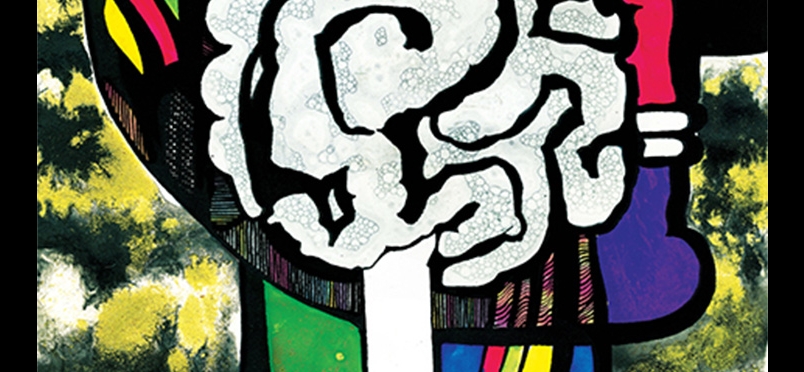| research/study
A Vaccine that Blocks Psychoactive Sensations of Heroin in the Brain?

Primate Trials Demonstrate Success in Blocking the "High" With No Adverse Effects
Scientists at the Scripps Research Institute (TSRI) have reported success in their latest trial on nonhuman primates of a vaccine that blocks the “high” from heroin, the first such opioid blocking substance to pass this stage of preclinical testing. Lead author Kim Janda, PhD, stated, “This validates our previous rodent data and positions our vaccine in a favorable light for anticipated clinical evaluation. We believe this vaccine candidate will prove safe for human trials.” The new vaccine “teaches” the immune system to produce antibodies against the psychoactive components of heroin, blocking them from reaching the brain and inducing euphoric sensations. By blocking the heroin high it is believed that the tendency of recovering addicts to relapse could be curtailed. The findings were published in the Journal of the American Chemical Society.
TSRI’s Janda Laboratory has been working on the heroin vaccine for over 8 years including previously successful tests under laboratory conditions and in rodents. In the most recent trial, rhesus monkeys who received the vaccine in 3 doses showed an immune response to heroin that lasted for more than 8 months. No adverse effects were noted from the treatment. Of possible clinical importance to human application, the vaccine candidate does not interfere with medications currently used to treat opioid addiction or overdose, meaning that vaccinated individuals could still be treated for prescription medicine overdose events in a medical emergency.
Read more about the research findings.
The journal abstract may be read here.
Did you enjoy this article?
Subscribe to the PAINWeek Newsletter
and get our latest articles and more direct to your inbox